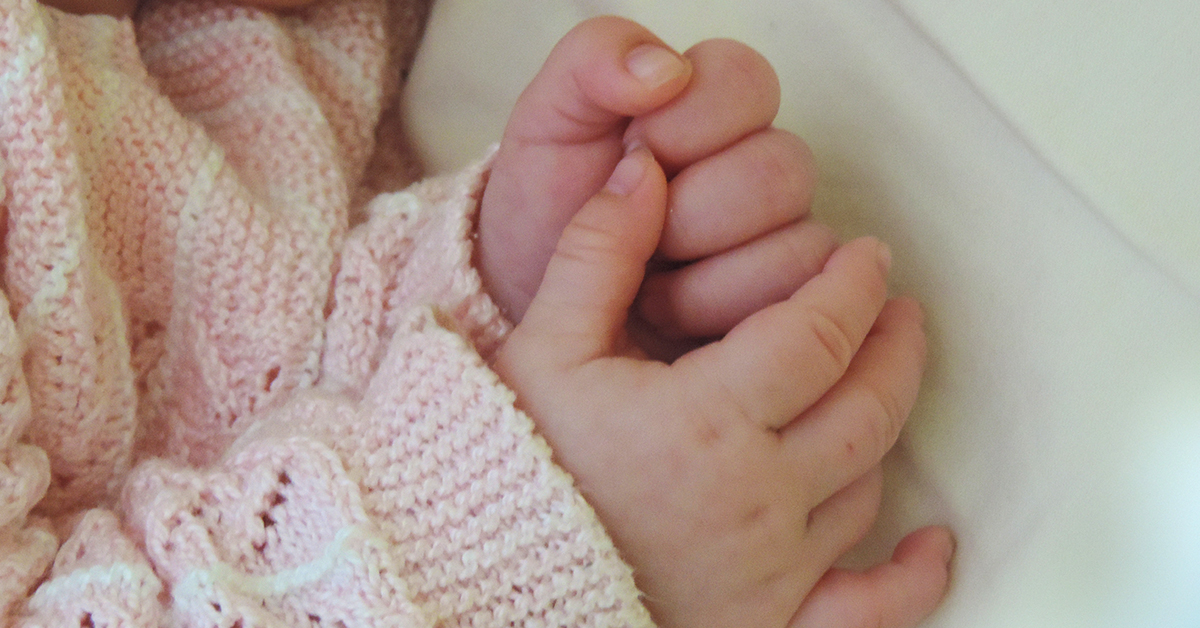Basque ethnography at a glance
As far as the Basque territory is concerned, it should be firstly noted that the so-called couvade —from French couver ‘incubate, hatch, rear’— refers to certain allegedly customary, curious, old and controversial practices.
The term covada appears in the Dictionary of the Spanish language to designate ritual behaviour undertaken after parturition, still occurring in parts of Asia and America and formerly observed in some places of northern Spain: namely, the biological father takes to his bed, relatives and friends providing him with essential needs, whereas the mother returns to her usual routine. The Encyclopedia Britannica, in a recent edition, described it as a once common custom in regions of the Amazon basin and the Basque areas of France.
Generally speaking, it could be stated that assessments of its validity in our country have been based on written sources from the past, with no proof whatsoever that the concept did actually exist.
Relying on a text by the Greek geographer Strabo, the nineteenth-century historian Juan Antonio Zamácola maintained that the first sweat or coat which a Basque child received would usually be his or her father’s, as a means to identify him with parental moods and spirit. But we know that Strabo never visited the Basque Country and wrote about it according to reports from other sources. Caro Baroja, for his part, considered that Zamácola was not precisely distinguished by his rigour and believed that his claims should be taken with reservation. And yet Baroja did not completely rule out that couvade could have existed among the Basques until the eighteenth century.
Couvade was the subject of much research in fieldwork conducted by the Atheneum of Madrid in the early 20th century. As a matter of fact, Eugenio Zamora, a doctor from the city of Gernika, in Bizkaia, is said to have asserted that couvade behaviour did exist in this country in earlier times but completely disappeared. However, such an assertion was not accompanied by documentary support or other objective evidence, so its plausibility is weak and must be questioned.
The above-mentioned surveys indicated that in several Asturian councils, and also in Ibiza, expectant fathers were known to have slipped into bed and been accorded the treatment usually shown to women during and after childbirth. Instances of other forms of couvade, such as the zorrocloco comparable rituals, have likewise been recorded in some communities of the Canary Islands.
It could therefore be concluded that sympathetic pregnancy and birthing were not practiced by the Basques. José Miguel de Barandiaran himself did not even include the question in the questionnaire which he and the groups which he created used for ethnographic research. Incidentally, the most complete study on presumed Basque couvade, mentioned in the bibliography below, was carried out by Justo Garate, one of its major detractors.
Segundo Oar-Arteta – Labayru Fundazioa
Translated by Jaione Bilbao – Ethnography Department – Labayru Fundazioa
References for further information: Rites from Birth to Marriage, part of the Ethnographic Atlas of the Basque Country collection; and also Justo Garate’s “La covada pirenaica. Patrañas y fantasías [Pyrenean couvade. Invention and fantasy]” in Eusko Ikaskuntza’s Cuadernos de Sección. Antropología y Etnografía [Section Notebooks. Anthropology and Ethnography], num. 2. Donostia, 1984.


